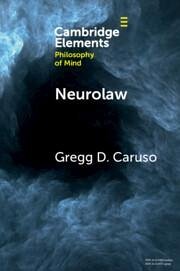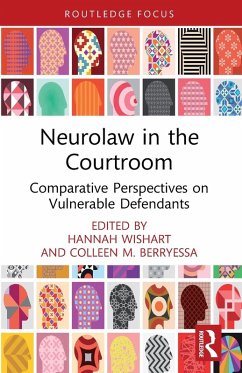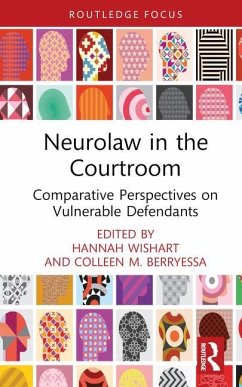
Neurolaw and Responsibility for Action
Concepts, Crimes, and Courts
Herausgeber: Donnelly-Lazarov, Bebhinn
Versandkostenfrei!
Versandfertig in über 4 Wochen
116,99 €
inkl. MwSt.
Weitere Ausgaben:

PAYBACK Punkte
58 °P sammeln!
This volume debates the conceptual, epistemic and practical questions that arise when law and neuroscience meet. Containing original insights about the potential reach of neuroscience and sophisticated accounts of the limitations it faces, the volume will appeal to lawyers, criminologists, philosophers, psychologists, neuroscientists and psychiatrists.













